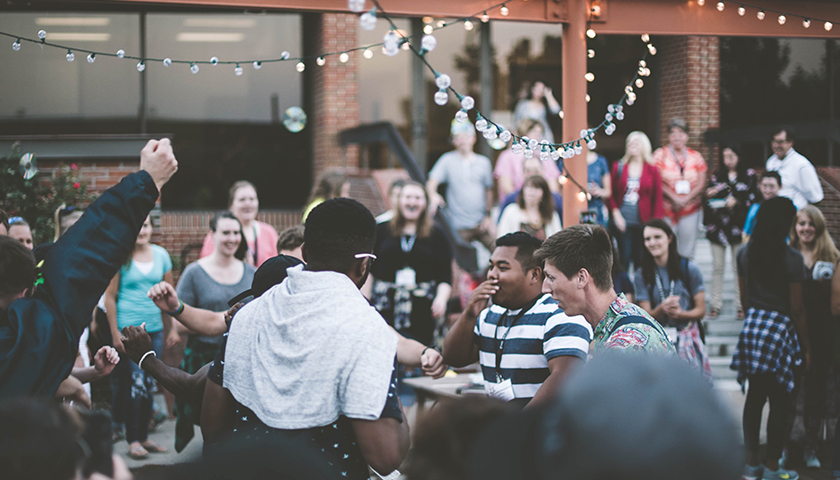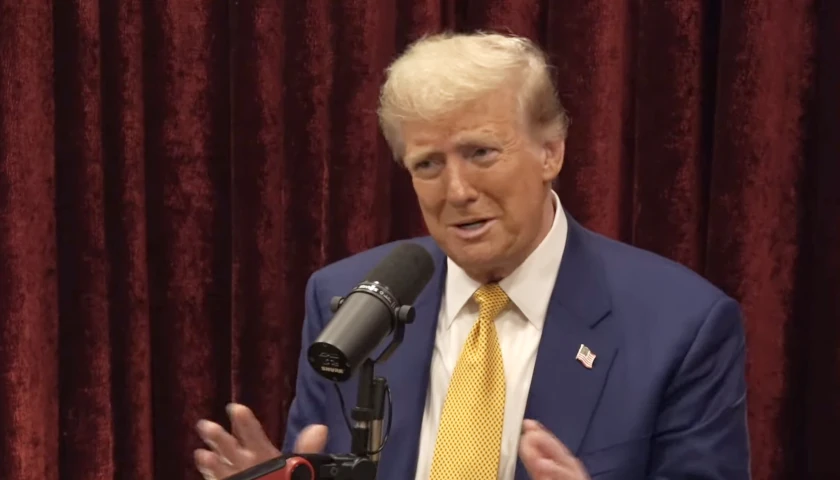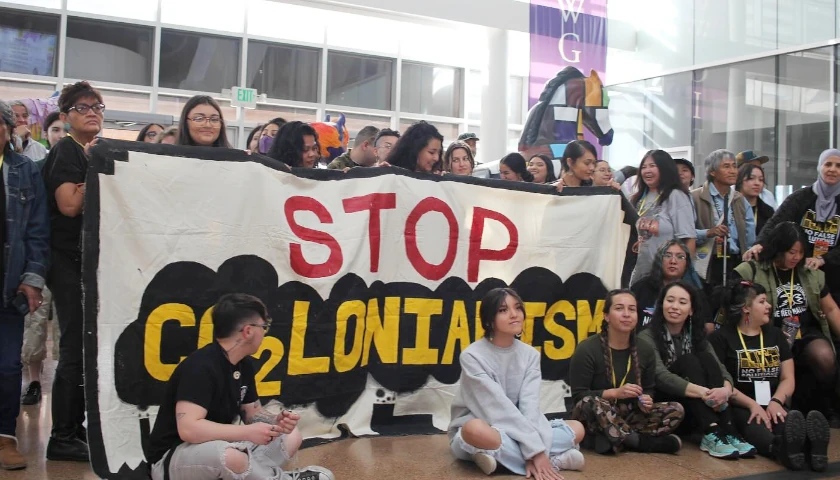by Deion A. Kathawa
Last week, the Centers for Disease Control did an about-face, announcing that the fully vaccinated among us may resume normal activities. The news came more than a year after California initiated the first lockdown on March 19, 2020.
The CDC’s new posture comes with some narrow exceptions. If you’re traveling on a plane or find yourself in a homeless shelter or in a medical or correctional facility, you still need to wear a mask; and the CDC made sure to clarify, apparently out of great deference for federalism and Hayekian spontaneous order, that its guidance does not predominate over the requirements of federal, state, local, tribal, or territorial laws, rules, and regulations, including local business and workplace guidance.
Before the CDC updated its pandemic guidance, this was exactly the position espoused by libertarian law professor Ilya Somin of George Mason University’s Antonin Scalia School of Law. Writing from his regular perch at the legal blog The Volokh Conspiracy, Somin’s argument is summarized nicely in the subheading of his piece, “Free the Vaccinated from COVID Restrictions”: “Doing so will protect constitutional rights, reduce vaccine hesitancy, and increase liberty—all at once.”
The CDC’s shift undoubtedly is a welcome development, all things considered. But people like Somin could not be more misguided in supporting it as a matter of best practice. In doing so, they ratify a pernicious principle that has the potential to destroy our long-term freedom. Instead of reasoning from first principles, Somin works from within a techno-scientific, experts-know-best framework that, unsurprisingly, constrains his thinking and directs him to validate the public health bureaucracy’s authority and priorities. One need only examine what accepting the totality of the CDC’s guidance would truly mean to see the short-sightedness of Somin’s position.
In his landmark essay, “The American Founding as the Best Regime,” political philosopher Harry V. Jaffa reminds us of Aristotle’s dictum about the nature of law in the ancient world (and for most of human history): “Whatever the laws do not permit, they forbid.” “It took one of the greatest revolutions in human consciousness,” Jaffa argues, “to change that to ‘Whatever the laws do not forbid, they permit.’”
So, while I am pleased that the CDC has finally changed course regarding the necessity of imposing overwrought public health measures on the vaccinated to combat COVID-19, the fact remains that we were always presumptively free to do whatever we pleased, vaccine or not. This is America, not ancient Greece.
That the CDC, or any other institution, would presume to strip us of our God-given natural liberty to buy groceries or see a play or play with our children in a park, all in the name of some dubious goal of “public health,” and then purport to “return” our rights—but only if we jump through a vaccine-related hoop—is a grievous affront to the salutary legal revolution brought on by the birth of America that Jaffa identified. We are being ordered to accept the submerged premise of the CDC’s new position, namely, that we are free to do only what the government explicitly permits us to do. Sadly, a great many Americans are only too willing to comply.
Prior to March 2020, people in this country could do, and in fact, did do, whatever they wanted, whenever they wanted, without needing to wear a mask while simultaneously engaged in the ritualistic practice of physical distancing (quick: When did we stop calling it “social distancing”?). Why?
No laws required us to act in those ways. So we were at liberty to live as we saw fit, according to right reason. (And to those itching to argue that, actually, there were orders issued by governors that mandated masks and social distancing, I would remind them that in America, legislatures are the bodies to which we the people have delegated the power to write laws, not tyrannical, one-man-show governors.) But now, not even two years into this radical social engineering enterprise, too many people are accepting as a default position: “I can once again go to the gym without a mask because the CDC and my governor said I could.”
Plainly, this is not the statement of a self-governing, free citizen; rather, it is something uttered by a subject, a person who believes that what he has and what he is allowed to do (and perhaps even what he is allowed to think) are things that are granted to him and stripped away according to the pleasure of the government, allegedly for his own good. Such a person is unaware of his God-given rights, which the government is bound to protect according to the Declaration of Independence as part of its raison d’être: “That to secure these rights, Governments are instituted among Men, deriving their just powers from the consent of the governed[.]”
It is deeply shameful that we let a virus with a roughly 1.8 percent death rate upend completely our society’s habits, customs, practices, mores, and ways of thinking about the interaction of law and liberty and the legitimate domain and reach of each. (Recall that SARS had a 14-15 percent death rate, and we did not feel compelled to shut down the country for over a year.)
In light of this, it’s clear that the real threat to our liberty was never COVID-19 per se; that turned out to be little more than a pretextual Pandora’s box, which, when opened, had the principal effect of resuscitating the permission-slip model of governance we thought we had buried for good back in 1776. That model, the “politics of mass control,” is once again ascendant—this time flying under the banner of a suffocating, scientistic safety-ism.
You’ve never needed officialdom’s blessing to live according to your pre-pandemic ways. Stop thinking and acting as though you do.
– – –
Deion A. Kathawa is an attorney who hails from America’s heartland. He holds a J.D. from the University of Notre Dame and a bachelor’s degree from the University of Michigan-Ann Arbor.





